
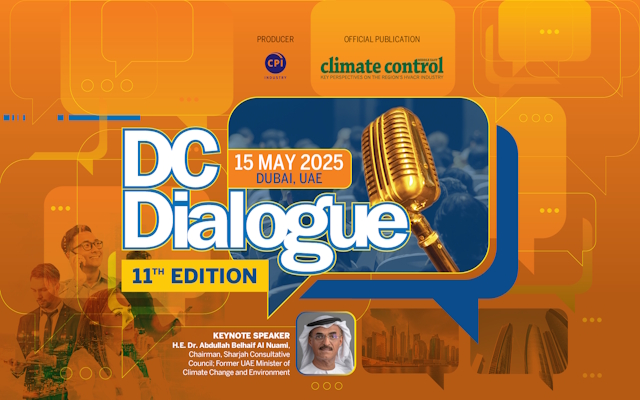
The role of District Cooling in decarbonising entire cities came into the limelight some years ago. Then, COP28 happened, and a key outcome relevant to the HVAC industry was the Global Cooling Pledge, a powerful context for all involved in District Cooling to give a thrust to improving the overall ecosystem of District Cooling and to iron out nagging issues. What has been achieved so far?
Are the fundamentals strong? Has regulation achieved a level of sophistication needed to play a pivotal role in setting the legal and operational framework for District Cooling networks. Indeed, with increasing emphasis on carbon neutrality, energy efficiency and digital transformation, the sector faces the need for significant policy shifts that impact developers, utilities and end users.
An equally engaging topic is the evolving nature of buildings underpinned by growing expectations of building owners. The age of autonomous buildings has arrived. How is District Cooling responding to the winds of change? The 11th Edition of DC Dialogue is a riveting platform for discussions provoked by the demands of a rapidly changing landscape.
The inaugural edition of DC Dialogue took place in May 2007. The 11th Edition of DC Dialogue, true to tradition, carries the weight of a rich history of in-depth discussions in past editions that have yielded voluminous and actionable reports, suggesting progressive action. The objective of the conference is as much to discuss the latest technologies capable of raising the bar on energy efficiency, water-use optimisation and reliability as to review the progress made by the industry and to compare policies and approaches across multiple eco-systems with an ambitious drive towards zero-energy cities. The conference also has a self-given mandate of closely examining different forms of renewable energy, as applicable to district cooling schemes, and the buzz surrounding geothermal energy and Green Hydrogen as sources of energy.
Chilled water systems are at the core of exciting mega developments in the region, and DC Dialogue is a gathering of stakeholders at the forefront of the developments, including government regulators, District Cooling utility providers, sectoral end users (healthcare, hospitality, education, aviation, malls, etc.), MEP consultants, MEP contractors, manufacturers and suppliers.
Based on a unique format, the conference has a central narrator, who invites different players at various points in time to elaborate on what they worked on/or are working on, who in turn would invite the manufacturers collaborating with them.
The CONFERENCE includes a traditional mix of policy and regulation-related addresses, techno-commercial presentations, case study presentations, panel discussions, and focused and structured audience interactions to receive the maximum possible information from energy policymakers in the planning, energy, environment and Renewable Energy sectors; master developers; developers; Building Owner Associations; general & MEP consultants; general & MEP contractors; sectoral endusers (healthcare, hospitality, aviation, education, retail, etc.); manufacturers; suppliers; and O&M and other specialised District Cooling service providers.

Ra’ed Al-Hammouri
Senior MEP Manager
DAMAC Properties
(TBC)
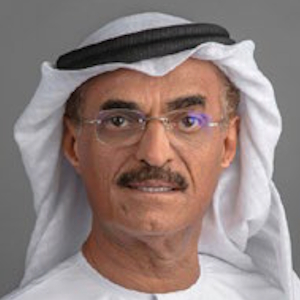
H.E. Dr. Abdullah Belhaif Al Nuami
Chairman, Sharjah Consultative
Council
Former UAE Minister of
Climate Change and Environment
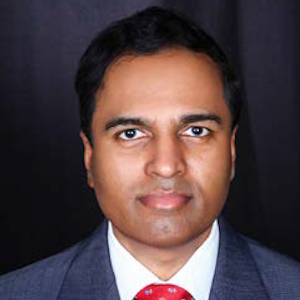
Surendar Balakrishnan
Co-Founder &
Editorial Director
CPI Industry
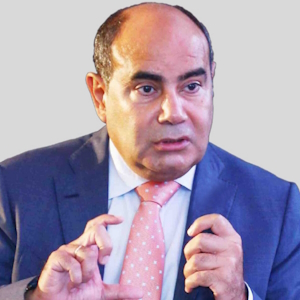
George Berbari
CEO
DC PRO Engineering;
Author, The Energy Budget
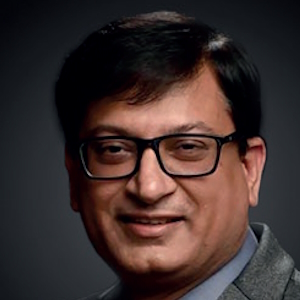
Prasanth Chakkingal
Senior VP
PNC Architects of Sobha Group
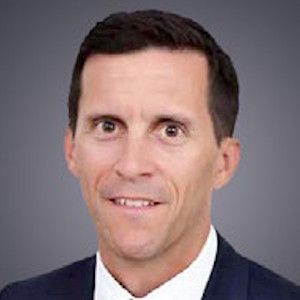
James Grinnell
Head of Water
Regulatory
& Supervisory Bureau for
Electricity & Water (RSB Dubai)
(TBC)
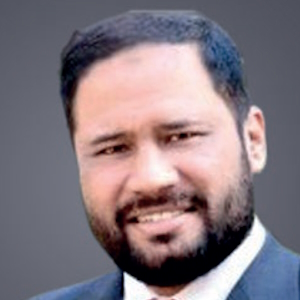
Dr Samiullah Khan
Chief Sustainability Officer
Fakhruddin Properties
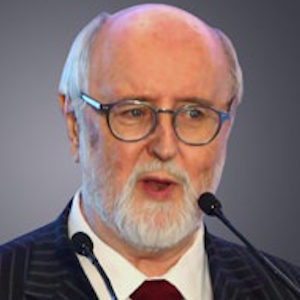
Dominic Mc Polin
Former Advisor
Minister of Works,
Bahrain
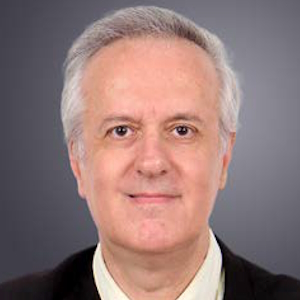
Frédéric Paillé
Co-Founder &
Commercial Director
CPI Industry
An interesting gathering of industry professionals with great insights
- Omnia Halawani, Co-Founder & Co-CEO, GRFN Global
Getting better every time with technology upgrades and innovative mindsets... connecting the giants in one platform
- Sathik Batcha, Sr. VP-Electrical, AG Engineering
It (DC Dialogue UAE 2023) was a very pleasant experience, very fruitful and as helping the District Cooling industry
- Hind Meskaoui, Electrical Engineer, GRFN Global
I am really glad to have participated in such an event (DC Dialogue UAE 2023). It facilitates the enhancement of knowledge on different areas of construction and provides networking opportunities
- Shanmugam Selvaraj, Senior Manager - Planning, AG Engineering
Extremely Good!
- Ehab Kahale, Head of Emaar District Cooling
It was a good conference (DC Dialogue KSA 2023) on District Cooling Plants. Just want to say, "Keep it up!"
- Abid Hussain, Specialist Engineering Consultant, Head of Mechanical Department, PNU Project, Saudi Arabia
I would overall rate the conference (DC Dialogue KSA 2023) as "extremely good"
- Tamer Dahdouli, Senior Project Manager, Diriyah Gate Company Limited